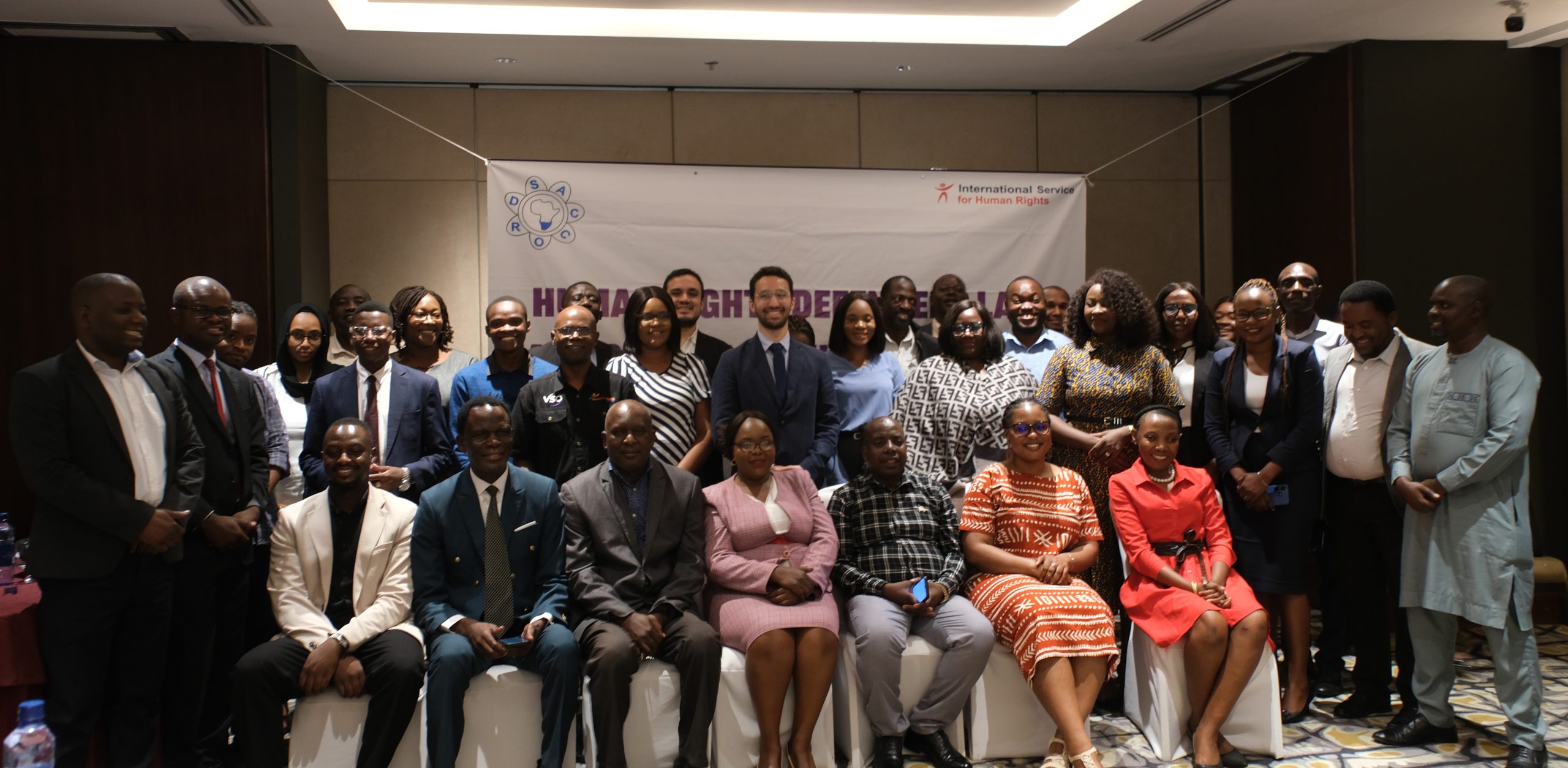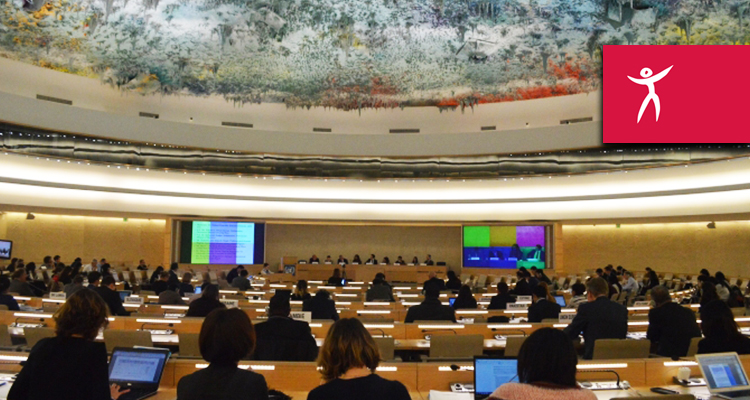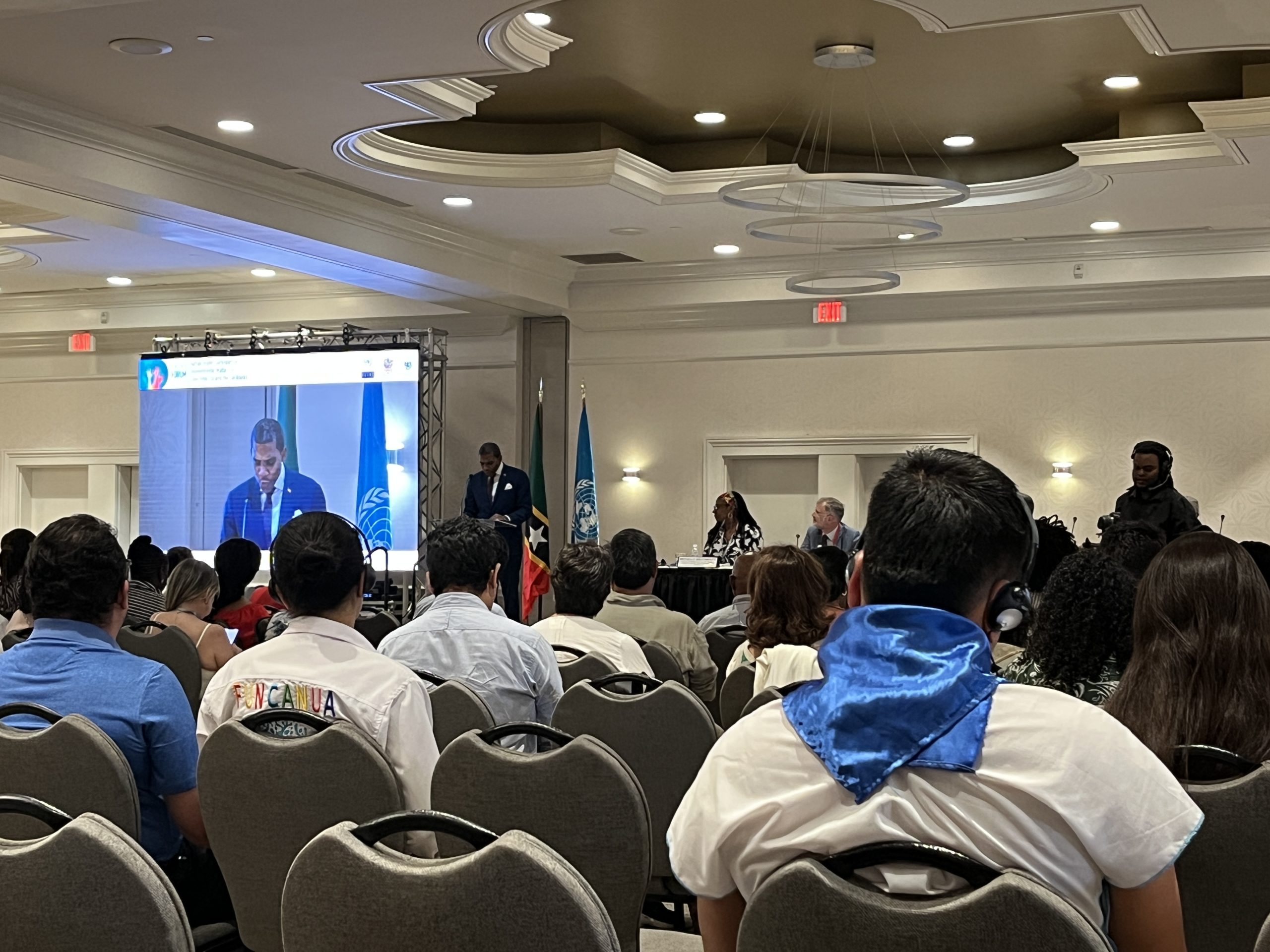In a statement made during the 35th Session of the UN Human Rights Council, ISHR drew attention to cases of reprisals cited in the joint communications report of the UN Special Procedures. The report is a compilation of letters (communications) sent by UN independent experts to countries regarding allegations of human rights violations, and it exposes the fact that 42 countries have failed to reply to at least once such letter sent since the last session of the Human Rights Council.
ISHR’s Special Procedures focal point Helen Nolan explained that this ‘communications procedure’ is a crucial element of the work of Special Procedures, reacting to specific cases and urging countries to comply with their obligations under international human rights law.
‘It is absolutely unacceptable that human rights defenders are targeted for cooperating with the different mechanisms of the UN,’ said Nolan. ‘Yet in this report we have cases of defenders in Rwanda, Turkey and China facing reprisals for their legitimate interactions with the UN.’
ISHR urged Special Procedures to continue to act on such cases, and joined a call by the High Commissioner at the opening of the Session pushing all countries to protect defenders from reprisals.
‘Closely linked to this is another issue emphasised by the High Commissioner: State cooperation with the UN,’ declared Nolan. ‘Of the many countries that have failed to react to a communication from a UN Special Procedure mandate holder, 17 are Human Rights Council Members. That’s more than a third of all Members.’
The statement listed these 17 countries – Bangladesh, Bolivia, Burundi, Brazil, China, Ecuador, Egypt, El Salvador, Ethiopia, India, Iraq, Kenya, Nigeria, the Philippines, Rwanda, Saudi Arabia and the US – and called on the President of the Council to seek updates from those States on the specific cases.
ISHR also highlighted positive steps within OHCHR to make the information regarding specific communications more easily accessible.
‘The Office has developed a new database of communications, which would allow OHCHR to ensure that letters are published as soon as the period provided for a State response has expired,’ explained Nolan. ‘This would greatly increase the timeliness and transparency of the communications procedure, meaning that civil society is much better placed to follow up on specific cases.’
The full text of the statement is available here.
Photo: ISHR




